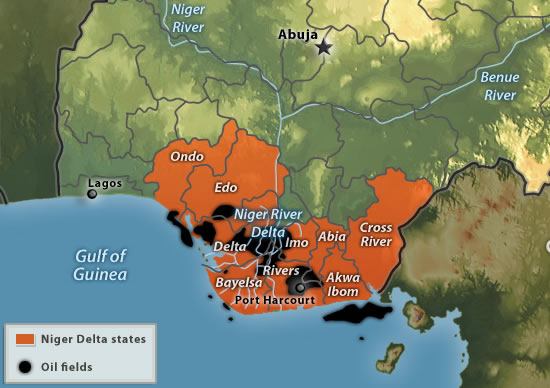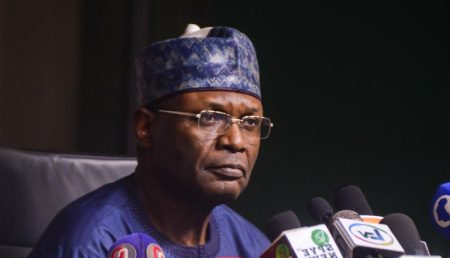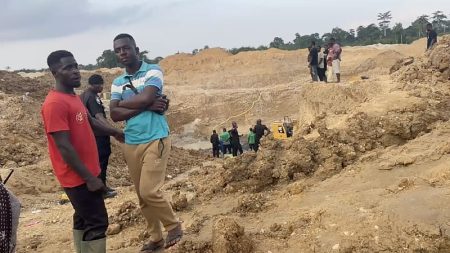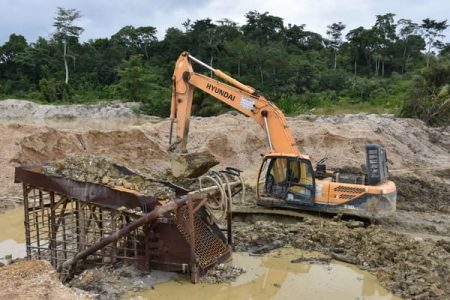The Federal Ministry of Agriculture and Food Security is undertaking a significant initiative aimed at empowering over 25,500 youths and women in agricultural entrepreneurship across the Niger Delta region of Nigeria. This effort is part of the Livelihood Improvement Family Enterprises Niger Delta project, which is receiving funding from the International Fund for Agricultural Development (IFAD). During a recent technical working session held in Owerri, Imo State, Dr. Abiodun Sanni, the National Project Coordinator, informed the press about this initiative, which focuses on enhancing the socio-economic status of participants through training and access to financial resources. The project is designed to uplift individuals from rural communities, enabling them to become self-reliant through agricultural activities.
The project is structured to cover nine states within the Niger Delta, namely Abia, Bayelsa, Ondo, Cross River, Edo, Delta, Imo, Akwa Ibom, and Rivers. The initiative commenced in 2019 and is divided into two phases spanning a total of twelve years; the first phase took off with six states and aims to provide $60 million in loans to the participating states. This funding is intended to support various agricultural enterprises and to create a robust framework for sustainable agricultural practices within the region. Dr. Sanni emphasized that the core aim of the project is to cultivate a self-sufficient community of young individuals and women who have the potential to thrive in the agricultural sector by utilizing the available resources effectively.
The agricultural focus of the project encompasses key commodities such as cassava, plantain, fish, rice, cocoa, oil palm, and poultry, all of which are integral to the economy of the Niger Delta. Through training sessions, participants will learn about the agricultural value chain, which includes production, processing, and marketing strategies. This holistic approach is not only aimed at improving the immediate economic circumstances of the participants but also fostering long-term business sustainability. By enhancing their understanding of market dynamics and product processing, the program seeks to equip participants with the necessary tools to navigate the agricultural landscape efficiently.
Furthermore, an essential component of the training involves developing skills in record keeping and proper documentation. Participants are expected to learn under the guidance of experts familiar with their specific commodities, with the training lasting for a duration that corresponds to the gestation period of each commodity. By the end of this training, individuals will possess a clearer understanding of operational procedures, which will facilitate the effective management of their enterprises. Dr. Sanni highlighted that participants are encouraged to step down the knowledge they acquire, thereby creating a ripple effect of information dissemination within their communities.
To qualify for the program, prospective participants must be unemployed or underemployed individuals residing in rural areas, reflecting the initiative’s commitment to uplifting marginalized groups. The inclusion of young people and women is particularly significant, as these demographics are often disproportionately affected by economic challenges and limited access to resources. By targeting these groups, the project aims to pave the way for increased financial independence and entrepreneurship in the agricultural sector, ultimately contributing to regional economic development.
In conclusion, the collaborative efforts of the Federal Ministry of Agriculture and Food Security and IFAD through the Livelihood Improvement Family Enterprises project represent a pivotal step towards empowering the impoverished yet resourceful communities of the Niger Delta. By focusing on education, capacity building, and financial inclusion for youths and women, the initiative not only seeks to enhance individual livelihoods but also aims to drive broader economic growth within the region. Through the cultivation of entrepreneurial skills and the promotion of agriculture as a viable means of sustenance, the project aspires to create a sustainable future where these communities can thrive independently.














